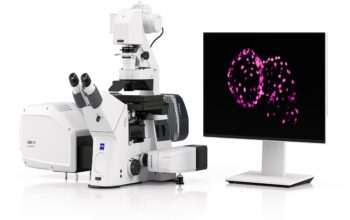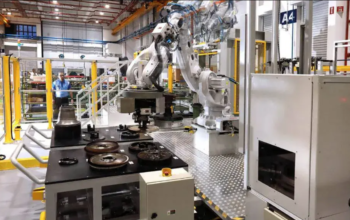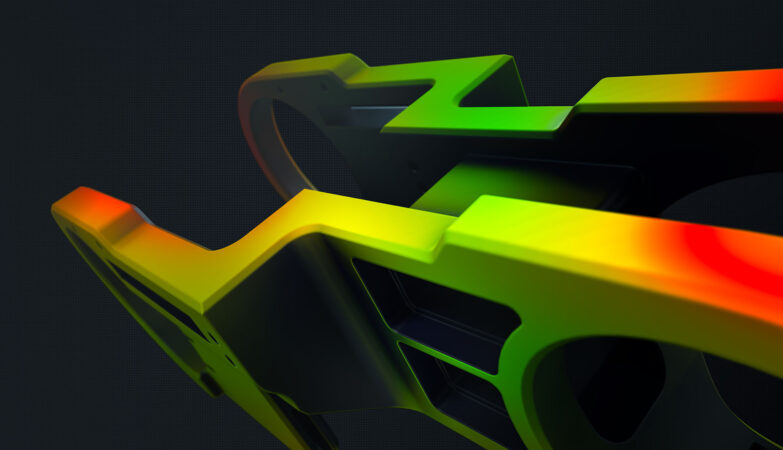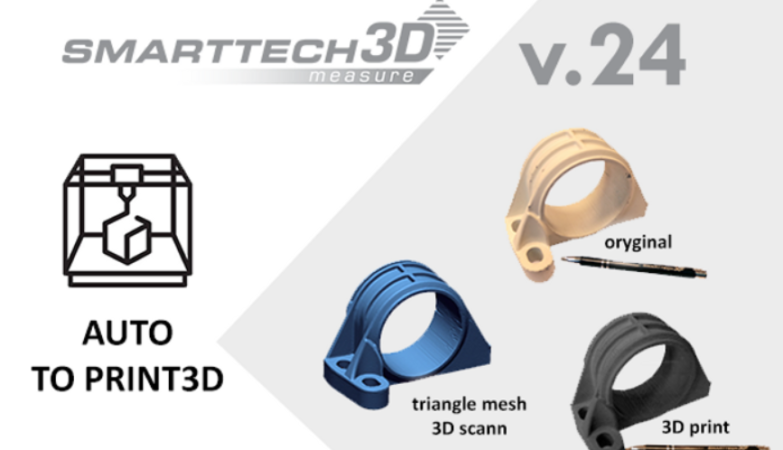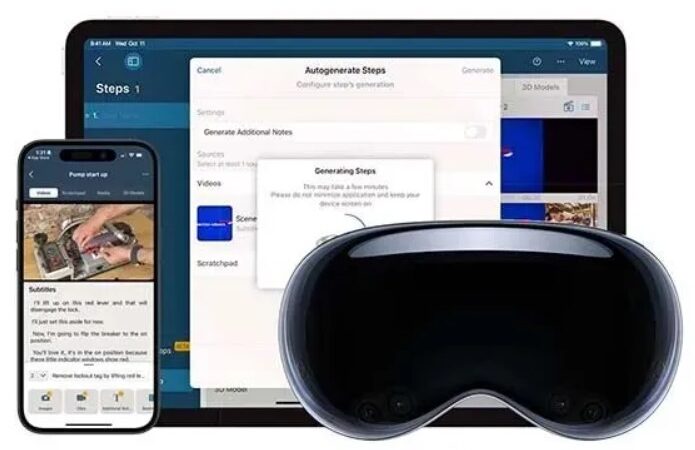Artificial intelligence solves tasks that classical image processing usually fails at and thus breaks with fundamental rules of the industry. This creates real competitive advantages. For example, a Thai company uses the IDS NXT embedded vision platform with artificial intelligence to control the position of shiny metal components on plastic carriers and thus saves twice: time and money.

At first glance, the industrial inspection of components regarding size, position and orientation seems predestined for a classic image processing application. But the special challenge here lies in the 100% inspection of the position of shiny metal parts on plastic carriers. On the latter lies the focus of the inspection. The first step is the separation into OK and non-OK products. The second step is to categorise the non-OK parts. Due to the large number of variants, rule-based approaches reject parts even though they may comply with the standard, producing unnecessary scrap. This makes an additional inspection by the human eye unavoidable and is detrimental to the economic efficiency of the process.
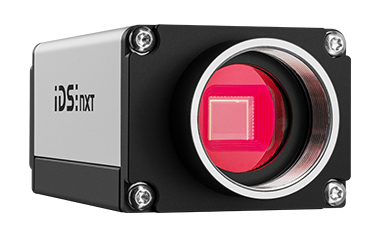
Intelligent cameras, on the other hand, learn to distinguish good from bad parts very flexibly with the help of neural networks. Even objects with many variants can be reliably detected and classified in this way. For this purpose, the Thai manufacturer relies on an IDS NXT rio – an embedded vision platform in the form of a compact industrial camera that, thanks to the integrated AI core, can execute neural networks with inference times of a few milliseconds in a hardware-accelerated manner. Features such as C-mount, serial RS232 interface and a Gigabit Ethernet network connection with RJ45 connector, via which the camera communicates via REST web service and OPC UA, make the model ideally suited for use in industrial environments.
The company implemented its intelligent image processing solution using the cloud-based training software IDS NXT lighthouse. Users can manage training images for AI-based image processing tasks and create individual neural networks. IDS NXT industrial cameras are thus transformed into individual inference cameras for their own applications – without the need for special prior knowledge of deep learning, image processing or camera programming.
After learning the product characteristics – classified as good and bad – the IDS NXT camera sends its inspection results directly to the Mitsubishi machine control (PLC) used – without a computer. Well illuminated by LED light, inspection speeds of 3 components per second can be achieved in this way. The hit rate of the inference camera is so high that additional manual inspection is no longer necessary. Efficiency increases, costs decrease – truly intelligent.



